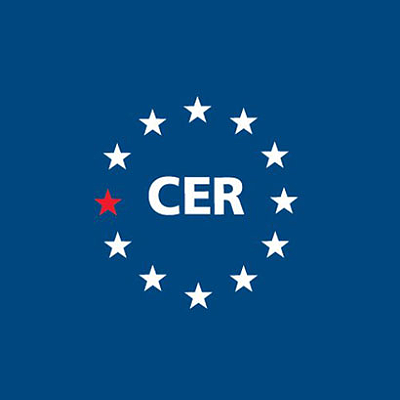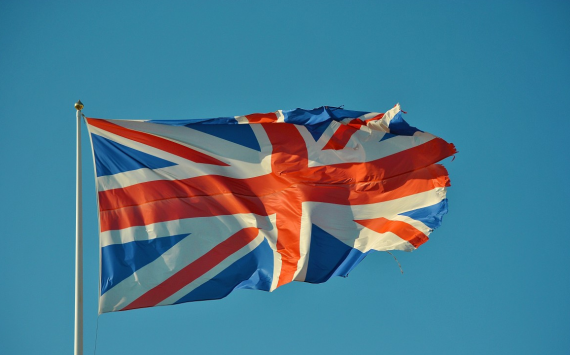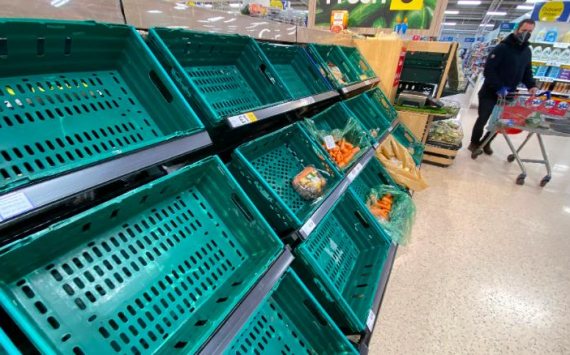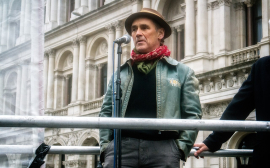Description
The Centre for European Reform is a think tank based in London, whose goal is to improve the quality of the debate on theeuropean Union. This is a forum where people who have ideas, Great Britain and the rest of the continent to discuss the many political challenges, economic and social challenges facing Europe. It seeks to work with similar organizations elsewhere in Europe, in north America and around the world.
The CER is pro-european, but this does not prevent it from criticizing the Union. It regards european integration as largely beneficial but recognizes that many aspects of the Union does not work properly. The CER therefore aims to promote new ideas to reform the european Union.
The center was founded in 1996 by Charles Grant, the former editor of the section "defense" of the magazine The Economist. The work of the ERC is funded by donations from the private sector. He has never received significant funding from governments or eu institutions.
The president of the ERC is Lord Kerr. The following individuals are members of the advisory council of the ERC: Giuliano Amato, Antonio Borges, Nick Butler, Iain Conn, Lord Dahrendorf, Lord Hanny, Lord Haskins, François Heisbourg, Wolfgang Ischinger, Caio Koch-Weser, Fiorella Kostoris Padoa Schioppa, Richard Lambert, Pascal Lamy, David Marsh, Dominique Moïsi, John Monks, Baroness Neville-Jones, Christine Ockrent, Stuart Popham, Lord Robertson, Roland Rudd, Kori Schake, Lord Simon of Highbury, Peter Sutherland, Lord Turner, António Vitorino and Igor Yurgens.
Comments[edit | edit the code]
- "The Centre for European Reform, far and away the best think tank on the subject of EU-London" , The Guardian
- "A think tank that manages to be both atlantic and europhile" The Economist
- "A think tank with a growing influence on the development of official policy" Financial Times
The research topics of the RECS (in English)[edit | edit the code]
- European Union 2020 [1] [archive]
- The budget and the policy of the EU [2] [archive]
- The foreign policy of the EU [3] [archive]
- Reform the european institutions [4] [archive]
- The justice and home affairs [5] [archive]
- Economy and finance [6] [archive]
- Energy and environment [7] [archive]
- Education and research [8] [archive]
- The euro [9] [archive]
- Political, defence and security [10] [archive]
- The enlargement and Turkey [11] [archive]
- The neighbourhood policy [12] [archive]
- Transatlantic Relations [13] [archive]
- Russia [14] [archive]
- China [15] [archive]
- The Middle East [16] [archive]
- Recent Publications (in English)[edit | edit the code]
- Last chance for Lisbon: Ireland's EU referendum briefing note by Hugo Brady, September 2009 [17] [archive]
- How to meet the EU's 2020 renewables target policy brief by Stephen Tindale, September 2009 [18] [archive]
- Cyprus: The costs of failure briefing note by David Hannay, September 2009 [19] [archive]
- Liberalism retreats in China briefing note by Charles Grant, July 2009 [20] [archive]
- Intelligence, emergencies and foreign policy: The EU's role in counter-terrorism essay by Hugo Brady, July 2009 [21] [archive]
- Is Europe is doomed to fail as a power? essay by Charles Grant, with a reply by Robert Cooper, July 2009 [22] [archive]
- Medvedev and the new European security architecture, policy brief by Bobo Lo, July 2009 [23] [archive]
- The Swedish EU presidency CER briefing note, July 2009 [24] [archive]
- Multilateralism light: The rise of informal international governance essay by Risto Penttila, July 2009 [25] [archive]
- The EU finally opens up the European defence market policy brief by Clara Marina O'donnell, June 2009 [26] [archive]
- The EU's approach to Israel and the Palestinians: A move in the right direction policy brief by Clara Marina O'donnell, June 2009 [27] [archive]
- Obama, Russia and Europe policy brief by Tomas Valasek, June 2009 [28] [archive]
- Will Spain remain a small country? briefing note by Charles Grant, May 2009 [29] [archive]
- Narrowing the Atlantic: The way forward for EU-US trade and investment report by Philip Whyte, April 2009 [30] [archive]
- What the economic crisis means for the EU's eastern policy policy brief by Tomas Valasek, April 2009 [31] [archive]
- Is Russia a partner to the EU in Bosnia? policy brief by Tomas Valasek, March 2009 [32] [archive]
- The Lisbon scorecard IX: How to emerge from the wreckage report by Simon Tilford and Philip Whyte, February 2009 [33] [archive]
- Russia's crisis - what it means for system stability and Moscow's relations with the world policy brief by Bobo Lo, February 2009 [34] [archive]
- New Europe and the economic crisis briefing note by Katinka Barysch, February 2009 [35] [archive]
- The euro at ten: Is sti future secure essay by Simon Tilford, January 2009 [36] [archive]
- State, money and rules: An EU policy for sovereign investments essay by Katinka Barysch, Simon Tilford and Philip Whyte, December 2008 [37] [archive]
- Why is Britain eurosceptic? essay by Charles Grant, December 2008 [38] [archive]
- Why Ukraine matters to Europe essay by Tomas Valasek, December 2008 [39] [archive]
- Ten things everyone should know about the Sino-Russian relationship policy brief by Bobo Lo, December 2008 [40] [archive]
- What Europe wants from President Obama's policy brief by Tomas Valasek, November 2008 [41] [archive]
- Is competition policy year barrier to innovation and growth? essay by Simon Tilford, November 2008 [42] [archive]
- Beyond banking: What the financial crisis means for the EU policy brief by Katinka Barysch, Hugo Brady, Charles Grant, Clara Marina O'donnell, Bobo Lo, Simon Tilford, Tomas Valasek and Philip Whyte, October 2008 [43] [archive]
- Pipelines, politics and power: The future of EU-Russia energy relations report with contributions from Andris Piebalgs, Konstantin Kosachev, Sergey Yastrzhembsky, Cliff Gaddy, Dmitri Trenin, Roland Götz and many others, October 2008 [44] [archive]
- India's role in the new world order briefing note by Charles Grant, September 2008 [45] [archive]

























